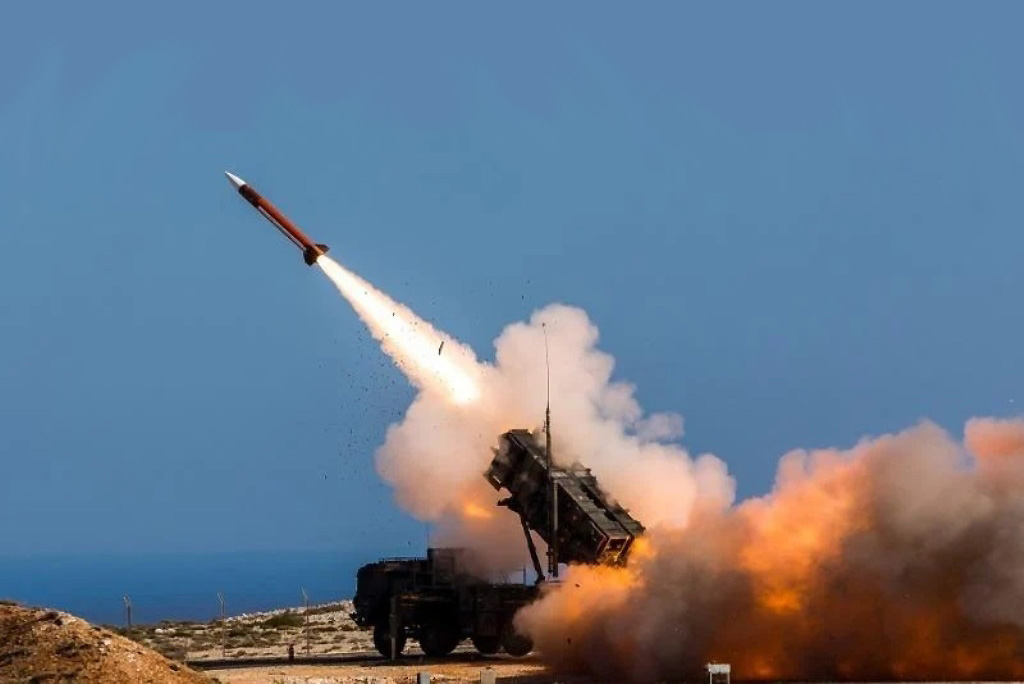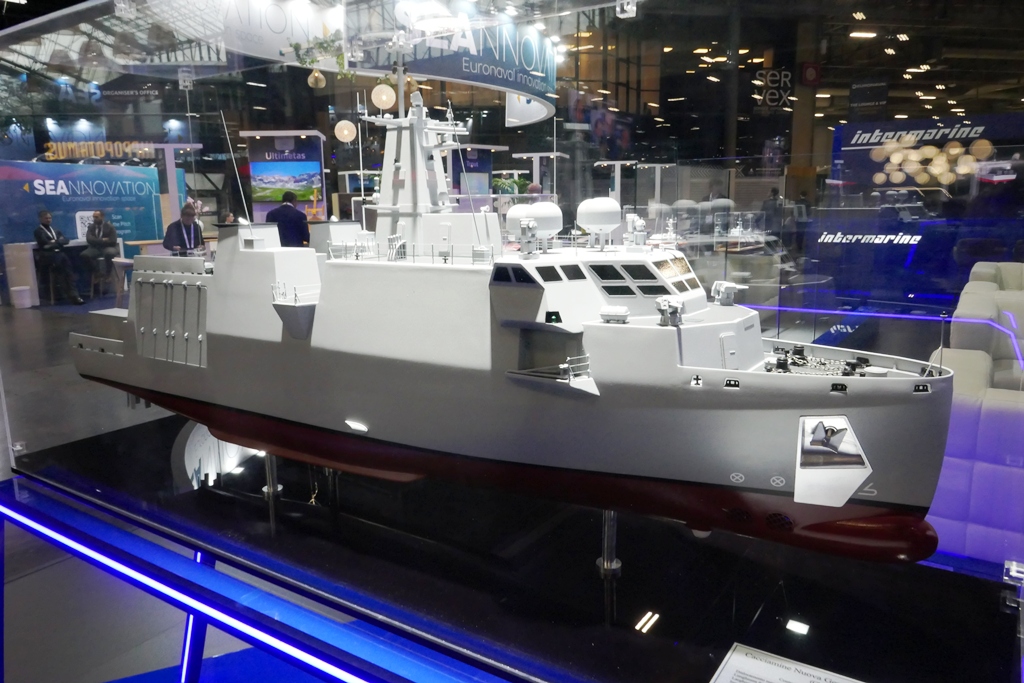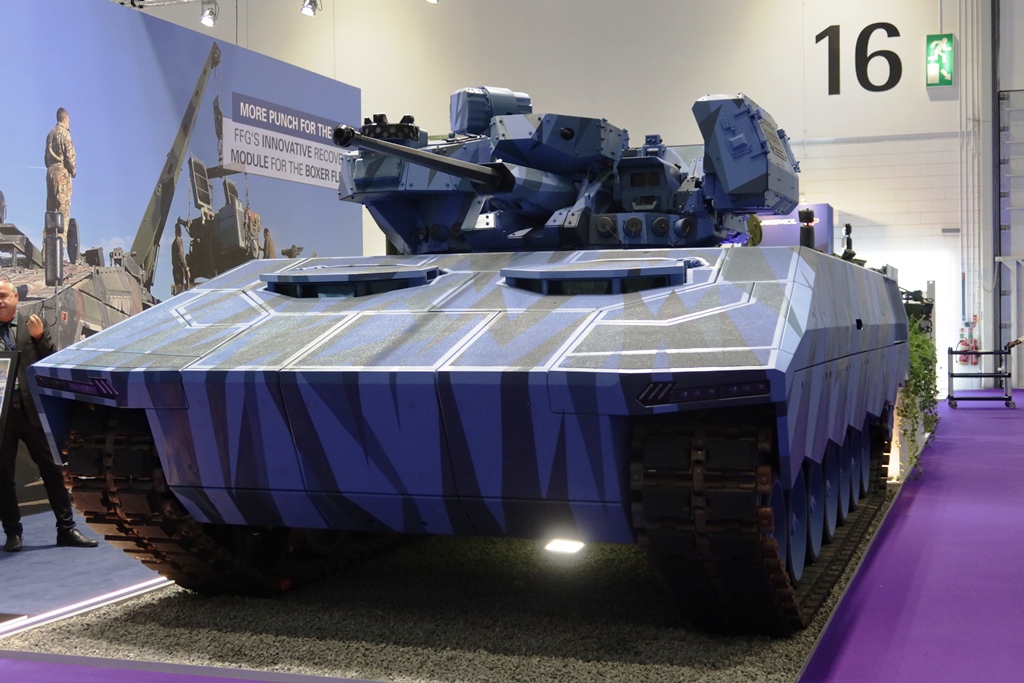Special Operations Ready for Caribbean Missions Amid Rising Tensions
NATIONAL HARBOR, Md. — Air Force Special Operations Command is poised for deployment in support of the U.S. government’s campaign against narcotics trafficking organizations in the Caribbean, as stated by Lt. Gen. Michael Conley during a recent media engagement at the Air & Space Force Association’s Air, Space, and Cyber Conference.
Operational Readiness and Asset Capability
While Gen. Conley refrained from elaborating on any specific missions tied to Venezuela, he confirmed that his personnel are equipped with strike, reconnaissance, and transport capabilities that are highly sought after by combatant commanders. “We are prepared to respond wherever the nation requires us,” he asserted, emphasizing the need for readiness and adaptability within special operations.
Context of Increased Military Activity
Conley’s remarks come at a time of heightened scrutiny following a contentious airstrike against an alleged drug trafficking vessel in the Caribbean Sea, which prompted significant backlash, particularly from the Venezuelan government. Concurrently, there has been an increasing call for additional training operations in the region, aligning with the U.S. administration’s evolving defense priorities.
Recent Exercises and Strategic Shifts
Just days before the aforementioned airstrike, AFSOC conducted a planned exercise on St. Croix, simulating an airport takeover that showcases the Air Force’s Agile Combat Employment strategy. This methodology was originally designed for scenarios involving major power adversaries, such as China or Russia. Conley mentioned the desire for intensified training initiatives in the Caribbean, representing a strategic pivot from previous decades, which largely emphasized operations in the Middle East and Africa.
Enhanced Presence and Intelligence Operations
Following the initiation of military strikes, U.S. forces have augmented their presence in the Caribbean. The deployment includes Air Force MQ-9 Reaper drones and Marine Corps F-35B aircraft stationed in Puerto Rico, alongside logistics support from C-5 and C-17 transports, as indicated by open-source intelligence reports.
Diplomatic Ramifications and Responses
In a direct appeal to the U.S. government, Venezuelan President Nicolás Maduro communicated his discontent through a letter, proposing a dialogue with the U.S. envoy while urging the cessation of military escalations in the Caribbean. “The military threat against Venezuela, the Caribbean, and South America must cease,” he emphasized, advocating for the recognition of a Zone of Peace.
Counter Responses and Strategic Priorities
In light of escalating tensions, Venezuela recently conducted a military exercise named “Sovereign Caribbean 200,” showcasing troop movements and hardware, which underscores their preparedness. The Venezuelan military has even engaged civilians in weapon training initiatives amid the ongoing U.S. presence in the region.
From the White House, Press Secretary Karoline Leavitt reiterated the administration’s stance on the Maduro regime, labeling it illegitimate and committing to the use of “any and all means necessary” to combat the illegal drug trade facilitated by Venezuela.
Future Directives for Air Force Special Operations
The Pentagon is increasingly prioritizing national homeland security, aiming to restore a robust military posture in the Western Hemisphere. Gen. Conley has signaled his intent to align training exercises with these new directives, stating, “I’m focused on adapting our operations to reflect the national defense strategy’s direction. The first time we operate in these new environments should not be during a crisis.”





